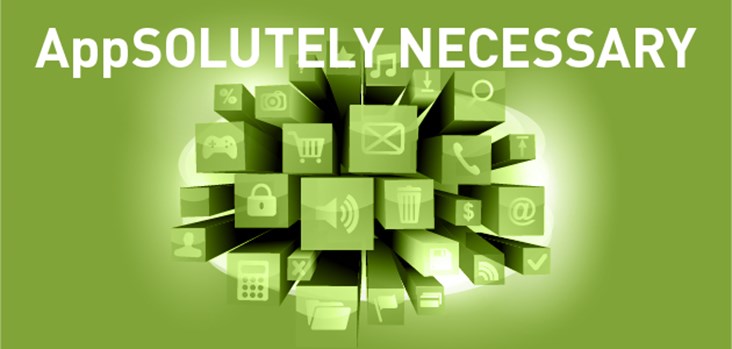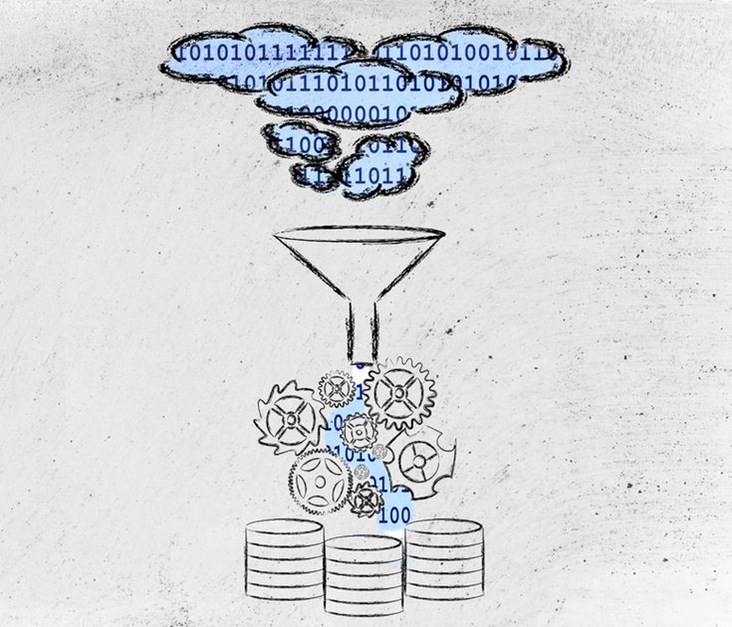
Lumosity is a San Francisco-based online brain training and neuroscience research company. Its program consists of more than 40 games that should help improve memory, attention, speed of processing, flexibility, and problem solving. Also known as Lumos Labs, the company originally formed in 2005, launched the service in 2007, and is currently used by over 45 million individuals worldwide. The mobile app has been downloaded around 19 million times. You can get it here.
The tests are said to be designed by neuroscientists and cognitive psychologists. The games are based on on neurological science formed through affiliations with Harvard, Stanford and UC Berkeley.
Getting set up is quite simple. You are initially prompted to select aspects of the 5 categories you want to train. The categories are memory, attention, speed, flexibility, and problem solving. So for training your memory for example, you can check any, all, or none of the following: ‘Recalling the location of objects’, ‘Remembering names after the first introduction’, ‘Learning new subjects quickly and accurately’, and ‘Keeping track of several ideas at the same time’.
Next you’ll need to input some personal data: gender, age, education, occupation and so on. After that you will be asked about the time of day when you are most productive, how often you exercise, and how much sleep you get each night. Lumosity will use that info to generate your personalized training program. You will then go through scientifically-designed games to calibrate your starting point as a first step. As a final step, combining your calibration test results with your previous questionnaire answers, it will generate your personalized training program.

Note that the calibration test only includes questions regarding speed, memory, and attention. Flexibility and problem solving have small lock icons next to them, and so will everything else after you complete the test. Additional games won’t be available until the next day.
Lumosity costs $14.95 per month. You could however pay the $79.99 yearly subscription fee, whereby you’d be paying around 6.6$ a month, that is if you are willing to commit to a full year.
Using the free version, you will be restricted to a limited number of games each day - i.e. you will miss out on a couple of category practices. You can view your ‘brain profile’, which is where you can track your performance in each category and your overall BPI, or Brain Performance Index. You can’t, however, use the compare function.
The BPI is Lumosity’s way of measuring your performance in a given cognitive function. Your overall BPI is your average BPI across each of the five cognitive areas. The index scales are based on an analysis and ranking of over 13000000 real game results. Those are used to create a distribution of scores for each activity and help determine how an individual score stacks up to all others.
Can the brain be trained?
Do these exercises really make you smarter. There is a number of studies sited on the web that have tackled this issue. Some studies, like ones from Georgia Tech and the University of Rennes, conclude that online brain training doesn't help students very much in memory tests. Other researchers however beg to differ.
Shelli Kesler, an assistant professor of psychiatry and behavioral sciences at Stanford University, recently led a study that aimed to measure how well Lumosity's training transferred into the real world. She used a sample of 41 breast cancer patients who had been treated with chemotherapy. Studies have shown that patients who've undergone chemotherapy experience cognitive impairment. The group played Lumosity games four times a week for 12 weeks. Results showed that they had improved word finding, executive function and processing speed over the control group.
Moreover, yesterday, Lumosity presented a study at the annual 2013 Society for Neuroscience showing that optimizing training tasks can accelerate and lengthen learning rates.
At this time, only Apple mobile devices - iPhone, iPad, and iPod Touch with iOS 5.1 or later - are supported by Lumosity, but the company plans to extend the mobile experience to non-Apple devices in the future. You can sign up to receive updates on the Android launch here.
Interesting to note is that while the app was already popular and doing well since its initial release, its CEO Kunal Sarkar decided to overhaul, recoding from the group up, and relaunch an entirely new and redesigned app. And the gamble paid off. The relaunched app boosted ongoing mobile engagement rates 250% higher than the previous version, and it became the number one app in the education category of the US App Store. You Kunal’s tips for relaunching mobile apps and getting to top spot on the store on VentureBeat here.
Latest Business
Intelligence Report














